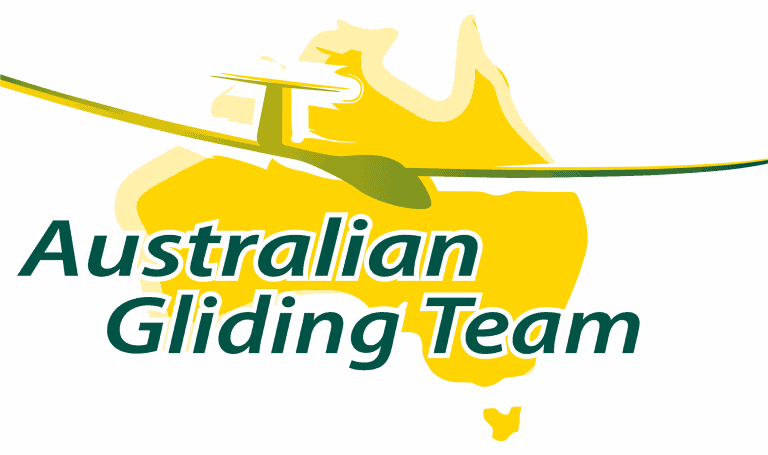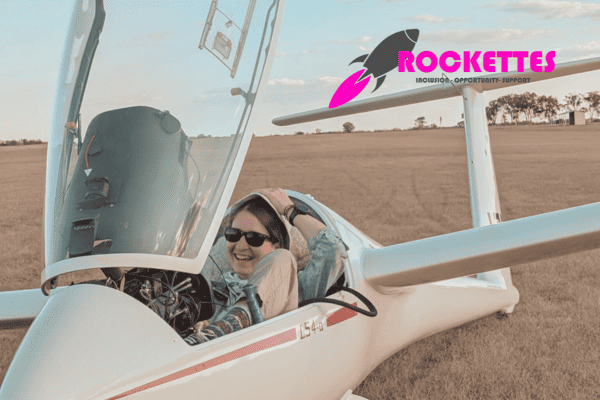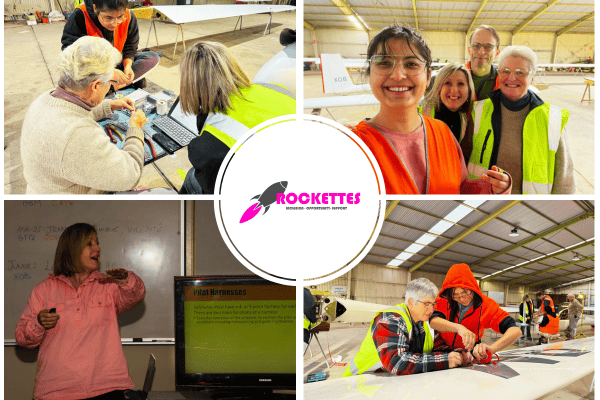The Who, What, When, Why and How of flying further
By Arnold Geerlings-SDM Western Australia
Over the past few years, it has been a pleasure to watch soaring development get new wings. This has been under the keen and enthusiastic leadership of Jenny Thompson and Pete Temple and having other soaring managers running in parallel for most states.
WHY
After a Gliding Australia survey to identify how the increase member retention which identified a core issue with post solo students across the country feeling a little rudderless, changes were made that led to a new ITP (Integrated Training Program) and Flying Further courses. The structure of these were born from the SDP soaring development panel developing soaring units and the “Silver coach” and training instructors in this rating. What has been achieved is skills being taught by instructors and/or coaches according to their own skills and currency. This ensures a far more efficient training process and moves students on a more clear, quicker, and simpler path, to achieving their Glider Pilot Certificate (GPC).
WHO
Instructors: To be trained on the soaring units of the GPC you need a silver coach. To date approximately 30% of existing instructors have added the “silver coach” rating to their credentials and it is now a requirement for all instructors who wish to teach all the units of the GPC to have this rating.
Students: Any post solo student who wish to accelerate their path to GPC can attend a “Flying further course”.
WHAT
A Flying further course is based on the very successful concept of the 5 day Ab Intio courses but now applied to post solo flying, depending on student skills, they can advance close to GPC in 5 days or even complete your training. Below is a table showing the typical structure of the 5 day course, which is often adjusted to train units that need flying exercises on the better weather days.

WHEN
These courses are best held during the soaring season and often a while after an ab initio has been run, thus allowing time for recently solo students to achieve B certificate or gain confidence and feel comfortable with solo flying. We in WA generally try run one flying further course for every 2 ab initio courses. Often later in the soaring season. We also combine the two types of courses to maximise resources like tug pilots, instructors and coaches that are already on-site training.
HOW
Having run a few flying further courses, this is the best part. What was identified and what students love the most from feedback received is that we only practice the unit in the air that we have trained that morning in the class. This is followed by a debrief in the classroom where we can evaluate. This way we are not overloading the student with too many skills to focus on but trying to train and hone one skill at a time. There are ground exercises like “mock thermalling”, entering thermals where other gliders are already turning and other practical skills, these are then actually flown later on the same day. So, in short, it is a fun filled week where student really progress fast.
Here are some comments from students and silver coaches.

Henry Egan

David Harries
So if you are a post solo student, prompt your club to set up a flying further course, remember, you drive the success of you gliding adventure.
If you are a coach/instructor, join in and help your students get ahead by setting up a flying further course, talk to your SDM to assist with the process, it is simple







